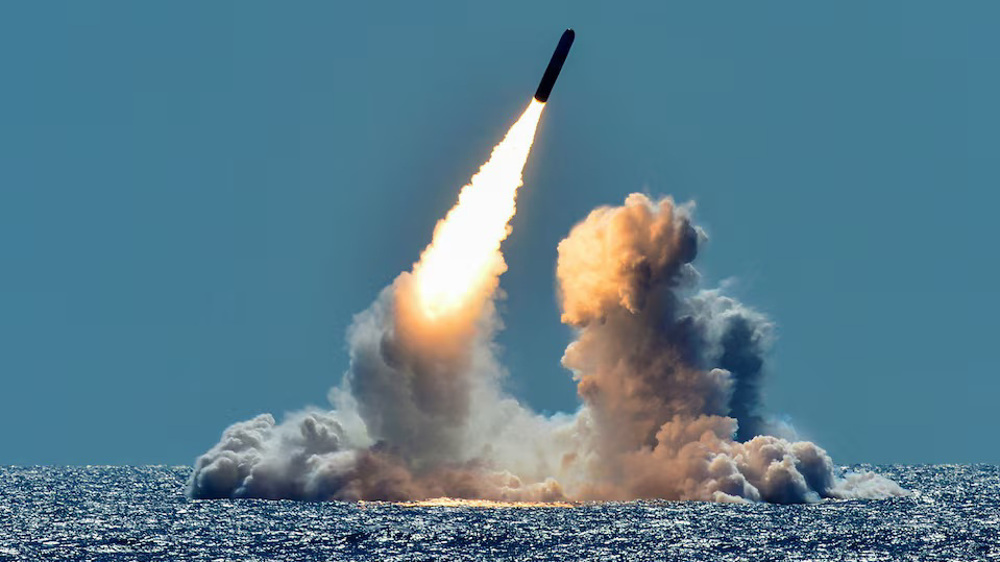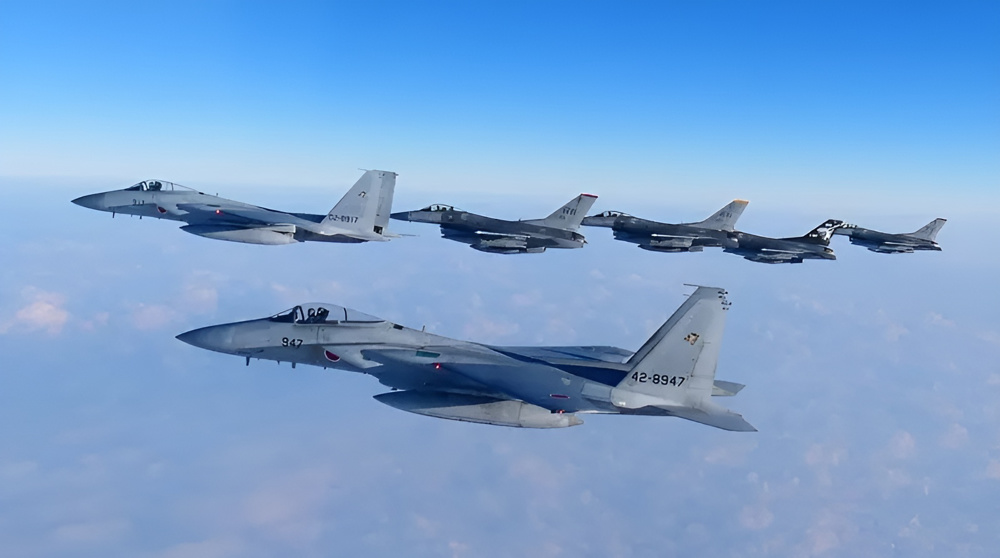Super Strypi launch vehicle failed in mid-flight: US Air Force
The US Air Force has confirmed that one of its rockets disintegrated a minute after lift-off
The Super Strypi launch suffered a failure around a minute into first stage flight at the US Navy’s Pacific Missile Range Facility in Hawaii at 0345 GMT late on Tuesday.
The reason for the failure was said to be excessive rotation on a booster that ultimately led to destruction of the vehicle; however, an investigation as launched for more details.
“The ORS-4 mission on an experimental Super Strypi launch vehicle failed in mid-flight shortly after liftoff at 5:45 p.m. Hawaii Standard Time (7:45 p.m. PST; 10:45 p.m. EST) today from the Pacific Missile Range Facility off Barking Sands, Kauai, Hawaii,” the Air Force said in a statement. “Additional information will be released as it becomes available.”
According to nasaspaceflight.com, the rocket could be seen during the live coverage of the launch while “spinning out of control. The feed then went blank. However, spectator video show what appeared to be a breakup event at the same time the telemetry portrayed an issue. Around an hour after launch, the mission was officially declared a failure.
SpaceFlight Now also reported that the 67-foot-tall Super Strypi rocket was seen “veering out of control and breaking apart about a minute after liftoff.”
“The failure may leave the Super Strypi rocket program in a lurch as the Defense Department weighs how to achieve a long-sought goal of developing a relatively inexpensive, easy-to-operate satellite launcher to haul small spacecraft into orbit in less time and at lower cost than today’s booster options,” the website said in its report.
VIDEO | Indian regions celebrate Iran’s Islamic Revolution anniversary
Iran’s missile program will never be on negotiating table: Shamkhani
Hezbollah: 47 years of Iranian progress proof of ‘abject failure’ of Western plots
Iran’s Larijani meets Qatari emir amid nuclear talks with US
VIDEO | 47th anniversary of Islamic Revolution celebrated at Iran's Embassy to Holy See
VIDEO | Sana’a marks February 11 anniversary with mass rally at US embassy site
VIDEO | Iran’s Embassy in Ethiopia celebrates 47th anniversary of Islamic Revolution
Saudi leaders congratulate Iran on 47th anniversary of Islamic Revolution










 This makes it easy to access the Press TV website
This makes it easy to access the Press TV website